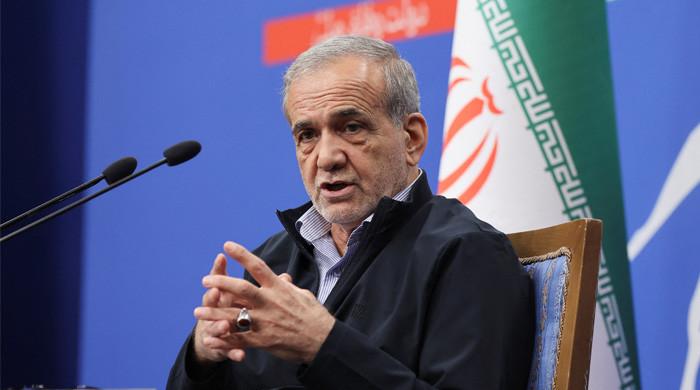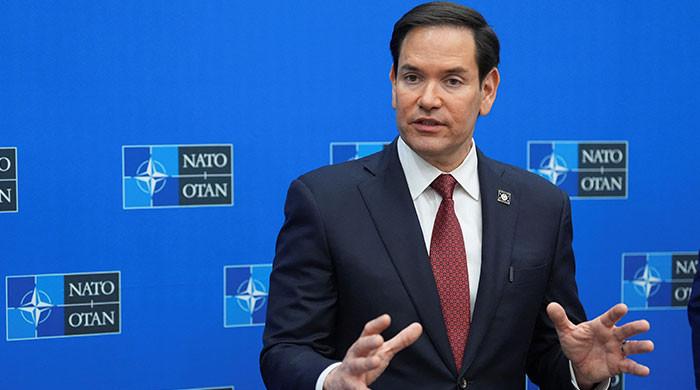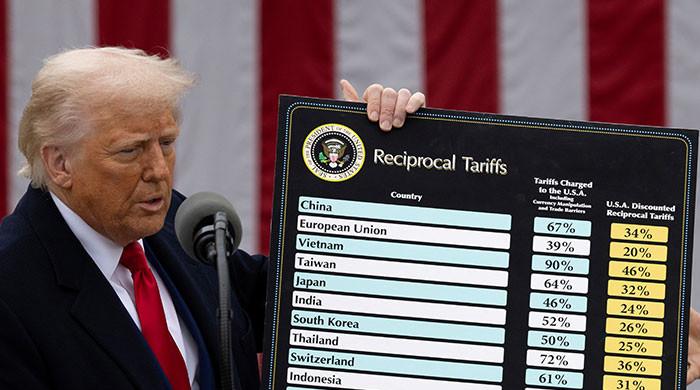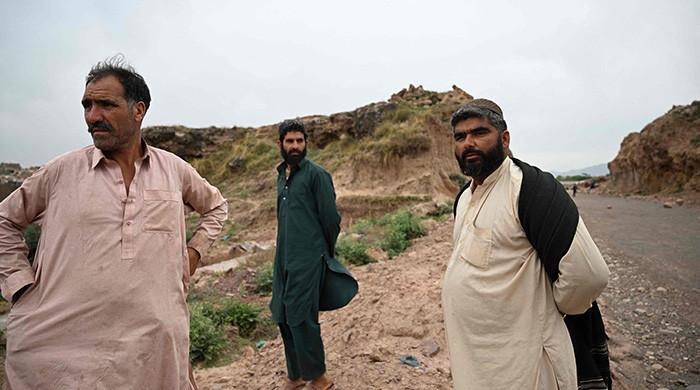Trump executive order will restore Muslim 'travel ban', rights groups warn
It goes beyond Trump's 2017 ban on travellers from seven predominantly Muslim countries
January 22, 2025
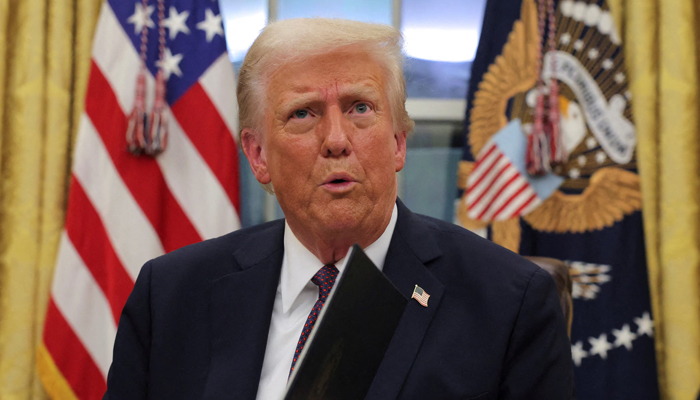
US civil rights groups are warning that an executive order signed by President Donald Trump on Monday lays the groundwork for the thge reinstatement of a ban on travellers from predominantly Muslim or Arab countries.
The American-Arab Anti-Discrimination Committee (ADC) said the new order relied on the same statutory authority used to justify Trump's 2017 travel ban and offered even "wider latitude to use ideological exclusion to deny visa requests and remove individuals" who had already entered the country.
It unveiled a new 24-hour hotline (844-232-9955) to help those affected.
The National Iranian-Americans Council (NIAC) said Trump's order on "Protecting the United States from Foreign Terrorists and other National Security and Public Safety Threats" would separate US families from loved ones and lower enrollment at US universities.
Trump's new order, signed on Monday amid a flurry of other measures, sets a 60-day window for top State, Justice, intelligence and homeland security officials to identify countries whose vetting and screening processes are "so deficient as to warrant a partial or full suspension on the admission of nationals from those countries."
It goes beyond Trump's 2017 ban on travellers from seven predominantly Muslim countries, adding language that denies people visas or entry to the US if they "bear hostile attitudes toward its citizens, culture, government, institutions, or founding principles," and sets up a process that could lead to the removal of those granted visas since January 2021.
The White House did not reply to repeated queries about the order.
Josef Burton, a former State Department official and visa officer, told a conference call organised by NIAC that the new order could give the government "a lot of undefined authority" to deny a range of visas for students, workers and education exchange participants.
ADC will decide in the coming days whether to mount a legal challenge to the order, its national executive director Abed Ayoub told Reuters.
He said it set "a very dangerous precedent" that could even be used against right-wing groups if a Democratic administration took office at a future date.
"This order will allow for the removal of individuals in the U.S. based on what they say or what they've expressed, and what positions they hold," he said.
"If they attend a protest that the administration may deem hostile, they're going to have their visas revoked and they're going to face removal proceedings."
Trump has repeatedly said he would implement travel bans on people from certain countries or with certain ideologies, expanding on a policy upheld by the Supreme Court in 2018.
During the presidential campaign, Trump said he would re-impose travel bans on people from certain Middle Eastern and African states and "anywhere else that threatens our security."
Trump has also said that he would seek to block communists, Marxists and socialists from entering the US.
Meanwhile, legal experts have also voiced concerns about the ambiguous language in the order, particularly terms such as “anti-American ideologies” and “assimilation,” which could result in individuals being targeted based on their political beliefs or cultural practices.
These concerns are compounded by fears that the order may undermine the constitutional rights of non-citizens residing in the United States.
— Additional input from Reuters






